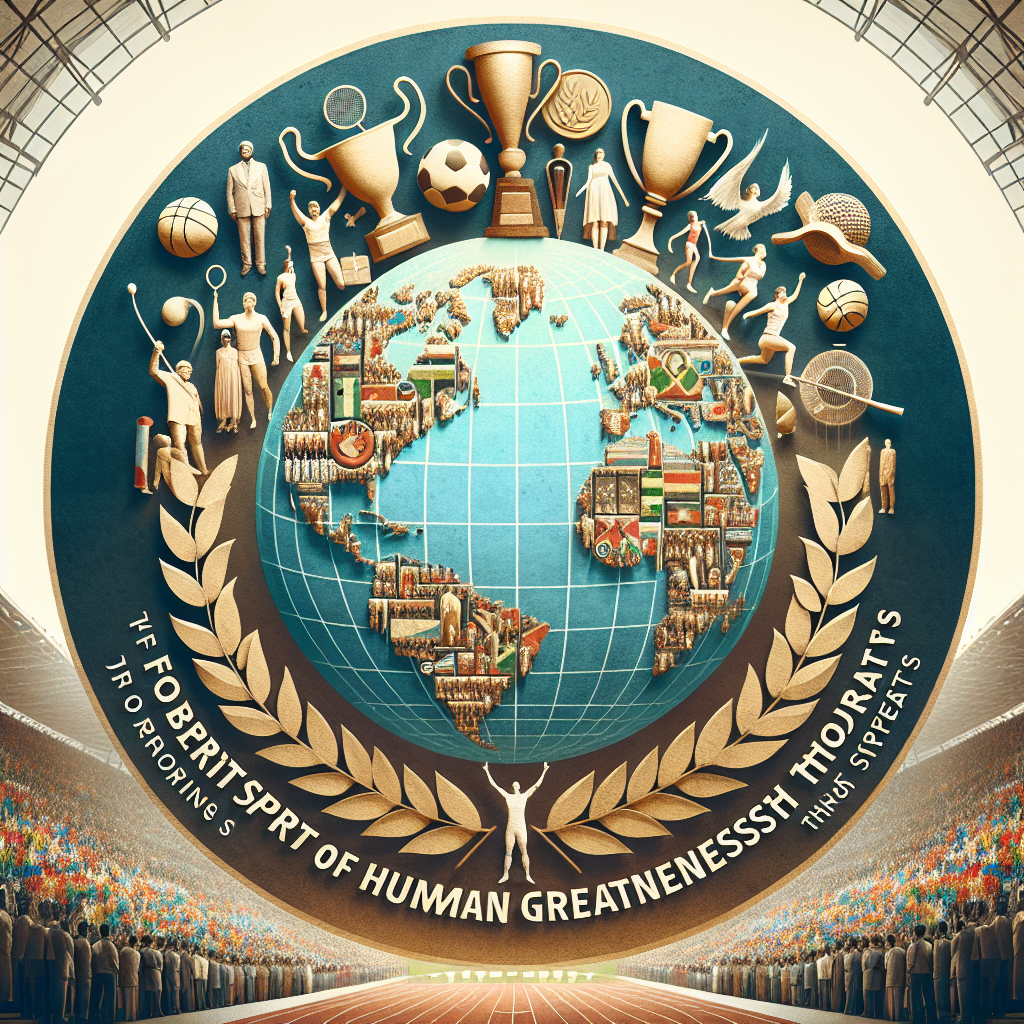Juan Antonio Samaranch Jr. Advocates for Sport as Public Health Investment
International Olympic Committee (IOC) vice president Juan Antonio Samaranch Jr. has called on European lawmakers to consider sport as a public health investment in his keynote speech during his six-month leadership campaign. He highlighted the value of sport in saving lives and reducing healthcare costs, amid the ongoing race to succeed current IOC President Thomas Bach.

- Country:
- Hungary
International Olympic Committee (IOC) presidential candidate Juan Antonio Samaranch Jr. has urged European lawmakers to regard investing in sport as a public health policy, marking his first keynote speech of a six-month Olympic leadership campaign.
'Let's make this simple: Sport saves lives – and money,' declared Samaranch, the IOC vice president from Spain, to delegates at the EU-backed European Week of Sport on Tuesday.
'Monies dedicated to sport should not be viewed as an expense by national governments,' he emphasized, 'Monies dedicated to sport should be viewed as investment in the health of our fellow human beings.' Seven IOC members entered the race this month to succeed Thomas Bach, who will step down in June after reaching his 12-year term limit.
Samaranch, along with Prince Feisal al Hussein of Jordan and Zimbabwe's sports minister Kirsty Coventry, are current members of the IOC executive board. Other candidates include Sebastian Coe, David Lappartient, Morinari Watanabe, and Johan Eliasch.
Approximately 95 IOC members will cast their votes at the March 18-21 meeting in Greece. Voters are prohibited from publicly endorsing candidates, who also cannot publish campaign videos, organize public meetings, or take part in public debates.
The European Week of Sport conference on Tuesday aimed to promote structured dialogue and collaboration to advance the legacy of the Olympic and Paralympic Games, including a commitment to daily exercise in French schools.
Samaranch advocated for government health policies prioritizing prevention over treatment, citing the WHO's agreement with the IOC. He argued that regular physical exercise reduces healthcare costs and called such investments 'dividends in human lives.'
'Meeting the WHO minimum standard of 150 minutes of physical activity each week could save up to 10% of health costs, or between 140-200 billion euros annually,' Samaranch suggested.
He also stressed the importance of Olympic values of respect and friendship in a politically and culturally divided world. Budapest is hosting the European Week of Sport during Hungary's EU presidency.
(With inputs from agencies.)










